Roxanne Dunbar-Ortiz’s groundbreaking work offers a transformative perspective on U.S. history, centering Indigenous voices and resistance. It challenges traditional narratives by revealing centuries of struggle and survival, now a New York Times Bestseller and part of HBO’s Exterminate All the Brutes series.
Overview of the Book and Its Significance
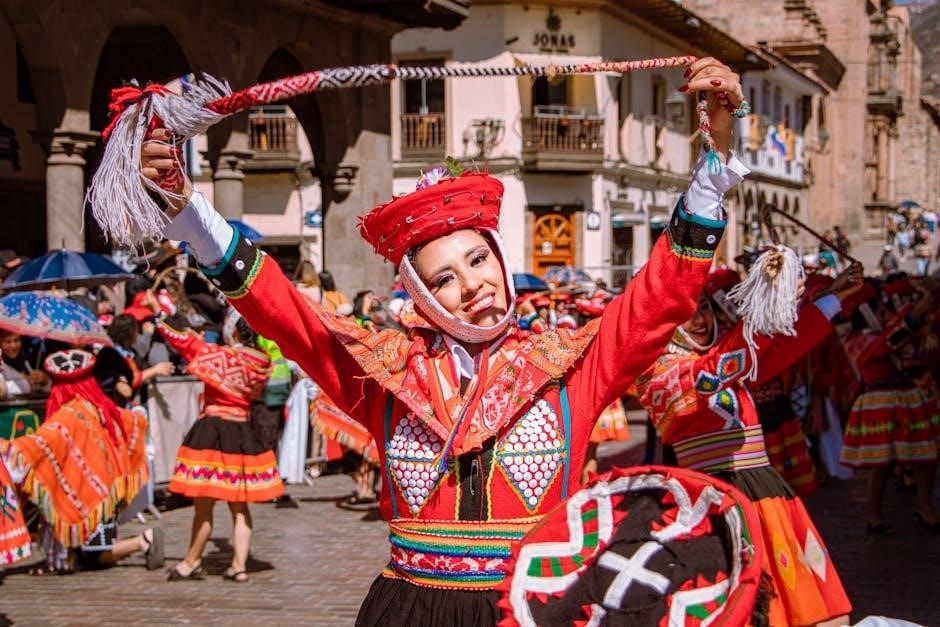
An Indigenous Peoples’ History of the United States by Roxanne Dunbar-Ortiz is a groundbreaking narrative that redefines American history from the perspective of Indigenous peoples. This book challenges the traditional glorification of U.S. history, instead revealing the centuries-long history of colonization, resistance, and survival. It emphasizes the agency and resilience of Native communities, offering a counter-narrative to the dominant Eurocentric accounts. The book has gained widespread recognition, becoming a New York Times Bestseller and part of the HBO docuseries Exterminate All the Brutes. By centering Indigenous voices, Dunbar-Ortiz provides a critical framework for understanding the United States as a colonial-settler state. This work has been praised for its meticulous research and its ability to bridge academic and popular audiences, making it a vital contribution to the reexamination of American history and identity.
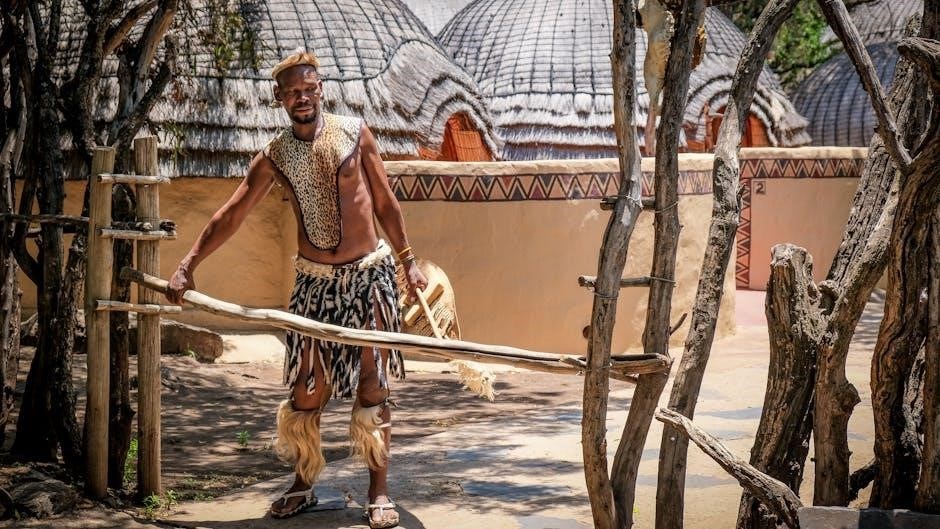
The Author and Her Contributions

Roxanne Dunbar-Ortiz, a renowned historian and activist, is celebrated for her groundbreaking work, An Indigenous Peoples’ History of the United States, which challenges traditional narratives, advocates for Indigenous rights, and reshapes historical education.
Roxanne Dunbar-Ortiz and Her Vision for Indigenous History
Roxanne Dunbar-Ortiz’s vision for Indigenous history emphasizes decolonizing historical narratives and amplifying Native American perspectives. Her work challenges Eurocentric accounts, advocating for a more inclusive understanding of U.S. history rooted in Indigenous experiences and resistance. By foregrounding the struggles and resilience of Native peoples, she seeks to dismantle myths of American exceptionalism and promote a truthful reckoning with colonialism. Dunbar-Ortiz’s scholarship is deeply intertwined with activism, reflecting her commitment to social justice and Indigenous sovereignty. Her writing not only educates but also empowers, offering a framework for rethinking the nation’s past and its ongoing impact on Indigenous communities today.
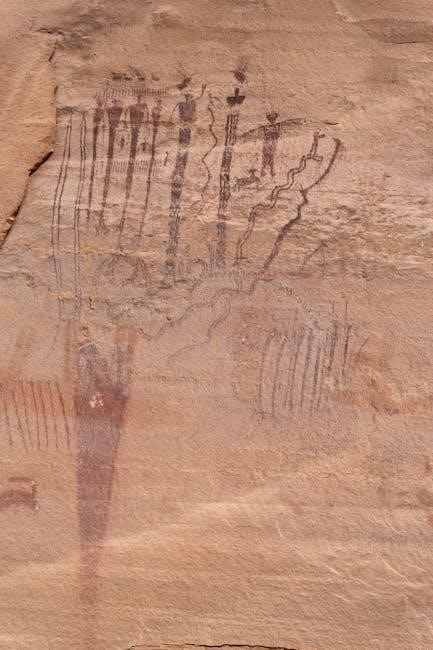
Key Themes in the Book
The book explores Indigenous resistance, survival strategies, cultural resilience, and traditional practices, while critiquing colonialism and the erasure of Native histories in traditional U.S. narratives.
Indigenous Resistance and Survival Strategies
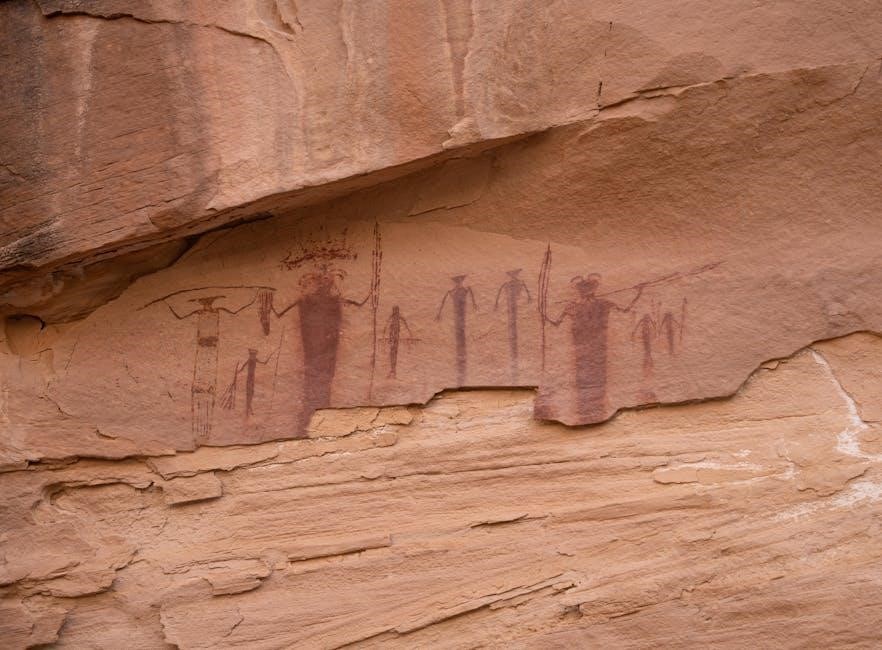
Indigenous peoples employed diverse strategies to resist colonial expansion and survive genocide. These included armed resistance, legal battles, cultural preservation, and strategic alliances. Roxanne Dunbar-Ortiz highlights how Native Americans absorbed Christianity into existing practices, used colonizers’ languages, and intermarried with settlers as survival tactics. Legal battles, such as the Taos Pueblo’s fight to reclaim land, underscored Indigenous resilience. Cultural preservation through traditional housing like tepees, longhouses, and adobes maintained community identity. These acts of survivance, as defined by Vizenor, were crucial in maintaining Indigenous sovereignty and cultural continuity despite centuries of oppression. The book emphasizes how these strategies were not passive endurance but active resistance, challenging the dominant narrative of U.S. expansion as inevitable progress.
Cultural Resilience and Traditional Practices
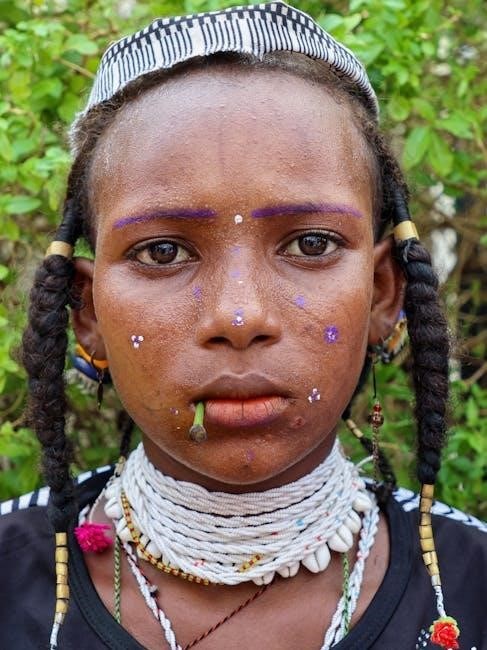
Indigenous cultural resilience is a testament to the enduring strength of Native communities. Traditional practices, such as the construction of tepees, longhouses, and adobes, reflect the resourcefulness and deep connection to the land. These structures, often adapted to specific environments, symbolized communal living and cultural identity. Oral storytelling, spiritual ceremonies, and traditional arts further preserved history and values. Despite colonization, Indigenous peoples maintained their cultural practices, ensuring the survival of their heritage. These traditions were not static but evolved, blending ancient customs with new realities. By preserving their cultural identity, Indigenous communities resisted erasure and reinforced their sovereignty. Dunbar-Ortiz emphasizes how these practices were vital to survival, serving as a foundation for resistance and continuity in the face of colonial oppression.
Historical Context and Narrative
Roxanne Dunbar-Ortiz’s work reframes U.S. history through Indigenous eyes, emphasizing colonialism’s impact and Native resistance. It challenges traditional narratives, offering a counter-narrative rooted in Indigenous experiences and struggles.
The United States as a Colonial-Settler State
Dunbar-Ortiz examines the U.S. as a colonial-settler state, where Indigenous peoples faced displacement, violence, and erasure. She highlights how colonial policies and westward expansion entrenched systemic oppression, shaping the nation’s identity and perpetuating Indigenous resistance. This framework challenges the traditional view of the U.S. as a land of freedom, revealing instead a history rooted in conquest and exploitation. By centering Indigenous perspectives, the book exposes the ongoing impacts of colonialism and the resilience of Native communities. This analysis is crucial for understanding the historical foundations of contemporary Indigenous struggles and the fight for justice and sovereignty.
The Erasure of Indigenous Histories in Traditional Narratives
Traditional U.S. historical narratives often omit or distort Indigenous experiences, portraying Native peoples as peripheral or vanished. Dunbar-Ortiz critiques this erasure, arguing it perpetuates a false narrative of American exceptionalism. By excluding Indigenous agency and resistance, conventional histories legitimize colonialism and the seizure of Native lands. This exclusion has profound implications, as it denies Indigenous peoples their rightful place in the nation’s story. The book challenges readers to question these omissions and confront the uncomfortable truths about the nation’s founding and growth. By reclaiming Indigenous histories, Dunbar-Ortiz offers a more accurate and inclusive understanding of America’s past, emphasizing the resilience and survival of Native communities despite centuries of marginalization.
The Impact of the Book
This bestseller challenges traditional U.S. history narratives, offering a fresh perspective. Its inclusion in HBO’s Exterminate All the Brutes series underscores its significant cultural impact and enduring relevance.
Challenging Traditional American History Narratives
An Indigenous Peoples’ History of the United States boldly confronts the dominant narratives of American history, offering a critical perspective rooted in Indigenous experiences. By centering Native American voices and struggles, the book reveals the often-erased histories of colonization, genocide, and resistance. Traditional accounts frequently glorify the nation’s founding and expansion, marginalizing the profound impacts on Indigenous peoples. Dunbar-Ortiz’s work challenges this by examining the U.S. as a colonial-settler state, where Indigenous peoples were not passive victims but active agents of survival and resistance. This approach not only reshapes understanding of the past but also illuminates the ongoing struggles of Indigenous communities today. The book’s inclusion in the HBO series Exterminate All the Brutes further amplifies its message, reaching a broader audience and sparking essential conversations about history, justice, and identity.
Reception and Reviews in Academic and Popular Circles
An Indigenous Peoples’ History of the United States has garnered widespread acclaim for its groundbreaking narrative. In academic circles, scholars have praised Roxanne Dunbar-Ortiz’s meticulous research and nuanced analysis, which challenges conventional historical frameworks. The book has been recognized with the American Book Award, highlighting its intellectual rigor and cultural significance. In popular circles, the text has resonated deeply, becoming a New York Times Bestseller and inspiring conversations about Indigenous rights and colonialism. Its inclusion in the HBO docuseries Exterminate All the Brutes has further expanded its reach, bringing these critical perspectives to a broader audience; The book’s ability to bridge academia and popular culture has made it a pivotal work in redefining how American history is understood and taught. Its impact continues to grow, fostering empathy and awareness among readers worldwide.
An Indigenous Peoples’ History of the United States by Roxanne Dunbar-Ortiz is a seminal work that reshapes the narrative of American history. By centering Indigenous voices and experiences, the book challenges the dominant colonialist perspective, offering a powerful counter-narrative to traditional accounts. Its meticulous research and unflinching honesty have made it a landmark text in redefining how the United States’ past is understood. The book’s impact extends beyond academia, inspiring broader conversations about justice, sovereignty, and the resilience of Indigenous cultures. As a New York Times Bestseller and part of the HBO series Exterminate All the Brutes, its reach is undeniable. Dunbar-Ortiz’s work not only educates but also empowers, fostering a deeper understanding of the complexities of American history and the enduring strength of Indigenous peoples.